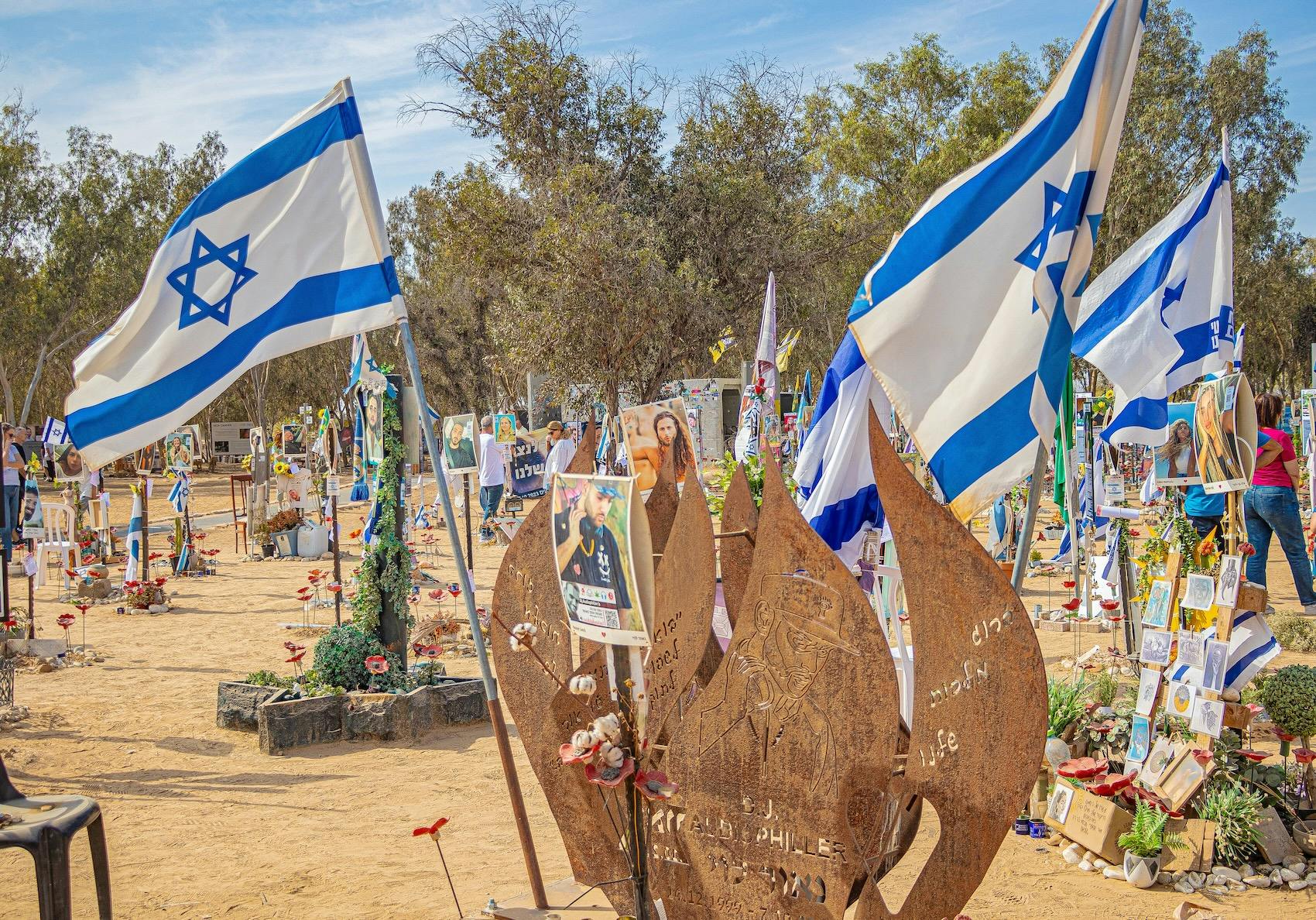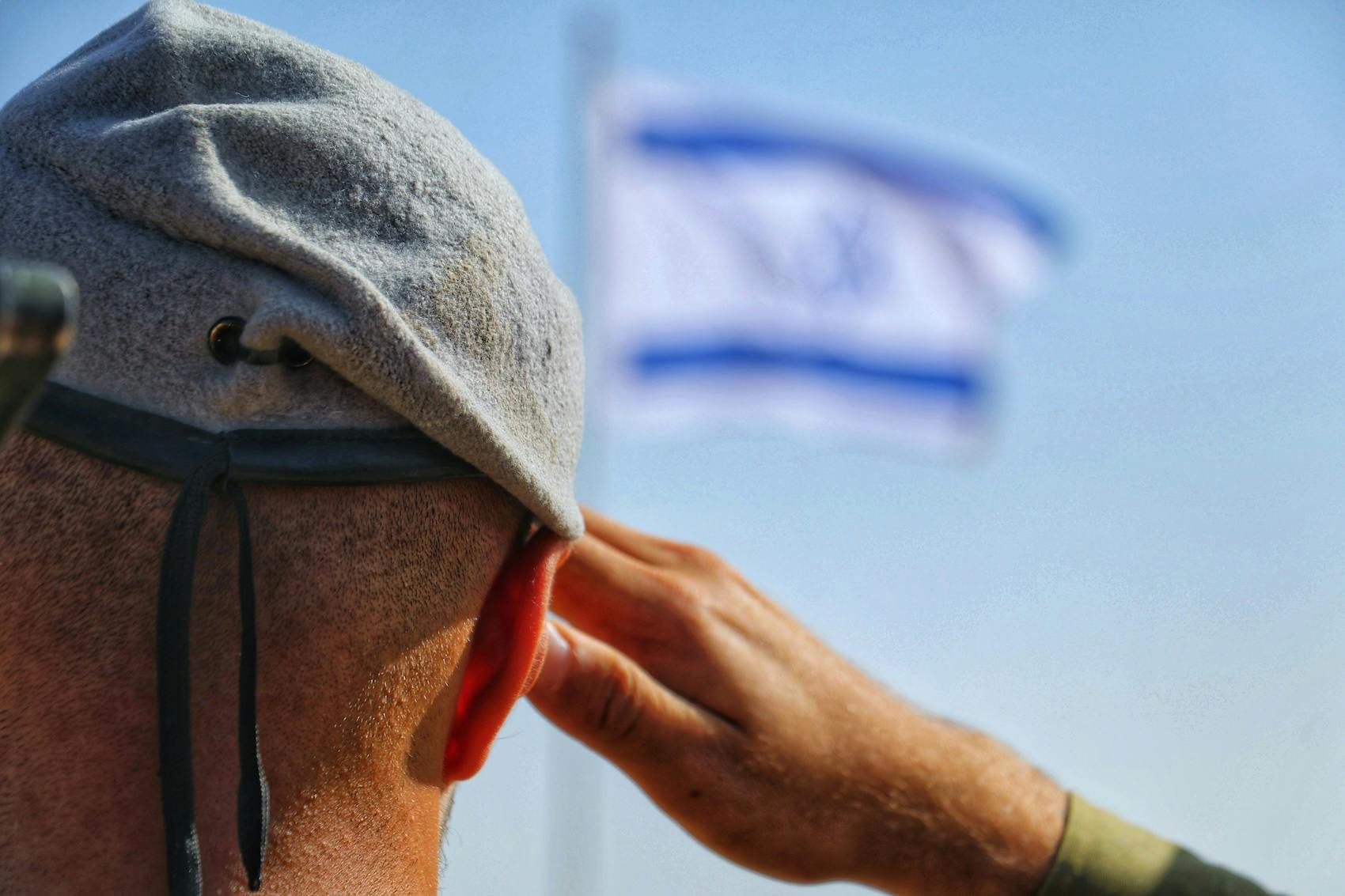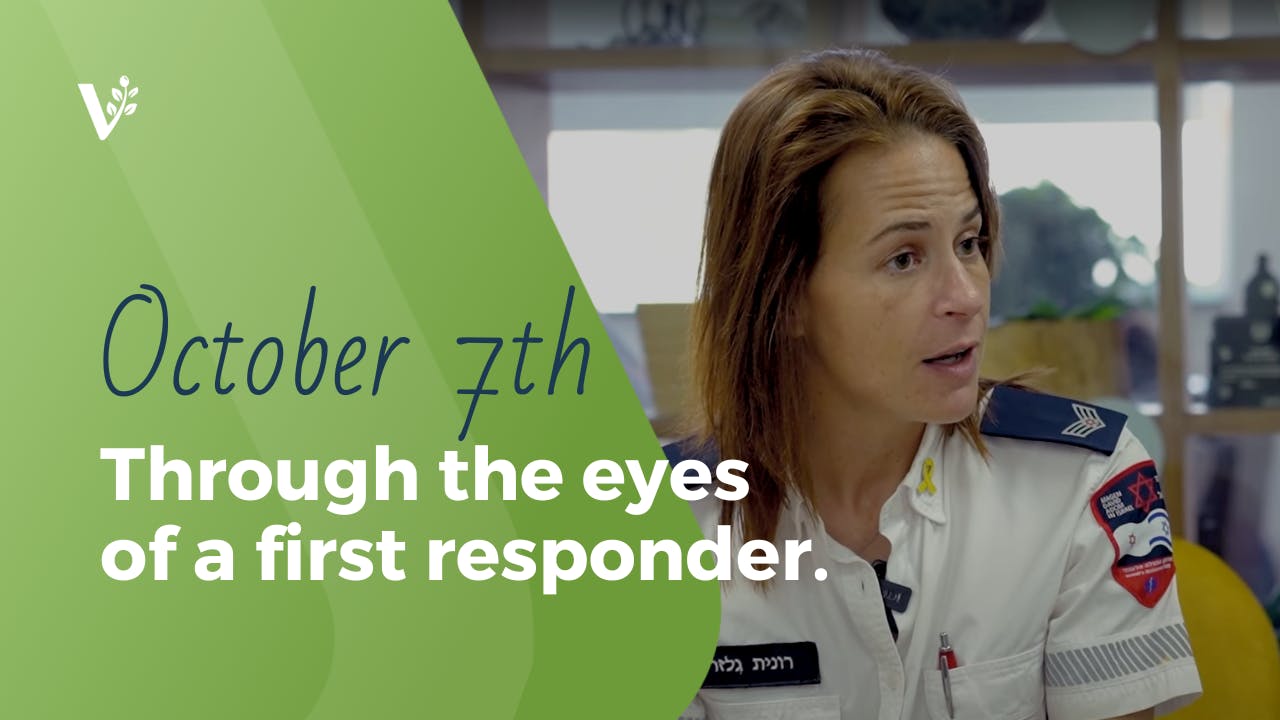Aid to the Ethiopian Community & Issues of Inequality
Wednesday, 1 July 2020
Learn to do good; seek justice, correct oppression; bring justice to the fatherless, plead the widow's cause.
Isaiah 1:17
As conversations continue around the world about the role of systemic racism in policy and policing, a growing number of parallels have emerged between Israel, and its ally to the West—the United States.
Both nations boast strong national pride, deep faith traditions, and diverse cultural makeup. They also similarly struggle with issues of inequality, despite the rich diversity they enjoy.
Today, we’re examining the situation in Israel, and how some officials are acting to make their home safer, and more equitable for all her citizens.
Immigrant Absorption Minister Leads a ‘Wake-up Call’
The killing of African-American George Floyd while in police custody on May 25, and the massive anti-racism protests that event unleashed—both in the US and around the world—has struck a chord with Israel’s Ethiopian community.
“We need the whole system to wake up,” said newly appointed Immigrant Absorption Minister Pnina Tamano-Shata.
Tamano-Shata is considered a ground-breaker and a leader in the Ethiopian community in Israel. She is the granddaughter of Kais Shato Maharat, who comes from a long line of prominent spiritual leaders among Ethiopian Jewry, a sixth-generation descendant of Abba Meheri Sutal, a Jewish monk who lived and worked in Ethiopia in the 19th century and served as the spiritual leader for the Beta Israel community.
Deputy Public Security Minister Desta “Gadi” Yevarkan, himself an Ethiopian Jew, took to Facebook to condemn the killing of 46-year-old Floyd, calling it “one of the most racist, cruel and deadly events ever recorded” and noting that “police violence against blacks has touched many countries in the world.”
Although the Israeli police are tasked with making sure that people feel secure and protected, Yeverkan wrote, often “white Israeli citizens feel safe when they see a police car in their neighbourhood, while black Israeli citizens feel unsafe.”
A Precedent of Conflict
Last year, widespread protests rocked Israel when tens of thousands of Ethiopian Jews took to the streets following the shooting and death of 19-year old Solomon Tekah at the hands of an off-duty police officer. Protesters blocked roads, burned tires, and, in one incident, burned a car at Tel Aviv’s busy Azrieli Junction.
Tekah’s death came six months after Yehuda Biadga, 24, a mentally ill Ethiopian Israeli, was shot and killed by police who say he charged an officer while brandishing a knife. His death led to demonstrations throughout Tel Aviv.
May 2015 saw similar protests erupt following the beating of Ethiopian-Israeli soldier Damas Pakada. Those protests devolved into riots in which police officers fired stun grenades, water cannons, and tear gas to disperse the demonstrators, who threw rocks and glass bottles at policemen and also vandalised some storefronts.
Rivka Demoza, a resident of Haifa, said: “It’s hard for me to see the footage from the United States. It’s hard because I think ‘What if I was there? What if I was visiting?’ I think as a tourist I wouldn’t want to go there. All my friends are sharing posts and talking about the cases from Israel and the US.”
Demoza recalled how her younger brother left home one evening to hang out with friends and was confronted by two police officers while waiting for a cab outside their home. The officers refused to believe that he lived there, even after seeing his ID card, she said, adding that if her uncle had not been a police officer himself, her brother could have been in real trouble.
“The situation isn’t so different [in the two countries].” said Shula Mola, former chairperson of the Association for Ethiopian Jews, “Violence is violence and racism is racism and when a white person has the power to kill someone black it’s the same, it doesn’t make a difference here or there.”
By the Numbers
Statistics show significant inequalities between Ethiopian-Israelis and the rest of the population.
Ethiopian soldiers are sent to military-prison at a disproportionately higher rate than other groups and are arrested in civilian life at a higher rate than the general population. In 2017, approximately four percent of Israel Defence Forces soldiers came from the Ethiopian community, yet they accounted for 15.07% of female and 10.78% of male prisoners, according to the Association of Ethiopian Jews.
According to a recent report by the government’s Anti-Racism Coordinating Unit, the number of complaints of racial discrimination it receives doubled in 2019, with 37% of such charges coming from the Ethiopian community. The report also noted that while Ethiopian Jews comprise 1.7% of the population, their arrest rate stands at 3.27%. The unit was set up on the recommendation of a commission established by Prime Minister Benjamin Netanyahu in the wake of the 2015 protests.
In February, several police officers were removed from their posts in the southern city of Kiryat Malachi after it emerged that they had mocked and disparaged people of Ethiopian origin in a WhatsApp group, including one young man who had been brought to the police station, bloodied and in handcuffs.
Integration is the Key
“As a human being and a black woman, I can tell you that a lot of black people around the world and also in Israel can [identify] with what’s happening in the US, as relating to their own experiences," Tamano-Shata said.
She added that she’d told Public Security Minister Amir Ohana he needed to remove problematic officers from the force.
“Someone who is racist cannot be in the police. Someone who is a criminal cannot be in the police,” she stated. Things in Israel have improved since 2015 but “unfortunately it’s not enough,” she said.
Calling for “affirmative action” and an end to separate classes and programmes for Ethiopian students, she said that when people are separated, “they start to believe that they are different and lesser than others.”
But while the fight against racism will be a “long struggle” that will only be won with state intervention, many in the Netanyahu administration are sympathetic, she said.
“The situation in the US is much worse and the history is different. In Israel, there is a possibility that the political system can fix racism faster, smarter, and more efficiently than in America. We just need the will and leadership.”
“I believe in Israel we can make big changes and be an example for the rest of the world.” (TOI / IH / VFI)
Our work in the Ethiopian Community
Several times a week, the Vision for Israel team goes out to distribute hundreds of food bags to needy families in the Jerusalem and Modi'in areas. When preparing food packages, we take into account the needs of the communities we help—so for the Ethiopian community, we include staples they're accustomed to, such as teff, Shiro, rice, and red lentils.
During our last trip, we met some very lovely people. Sadly, due to differences in the native language, custom, and other formal differences, their absorption into Israeli society can take years—and make financial survival very difficult. Many within the Ethiopian community are forced to live off a low-income allowance, and severe poverty is common.
Ariel, a team member involved in this mission, reported, "There was an incredibly positive atmosphere, and many people greeted us, wished us a good income, health and that we will always be on the giving end. Due to the heavy weight of the packages—approx. 12kg—the elderly had a hard time carrying them, so we carried the packages for them all the way to their doorstep. We also brought the packages into the homes of people with disabilities of course."
Thanks to our generous donors and lovely volunteers, hungry people in our community are receiving nourishment for their bodies, and relief for their soul.





